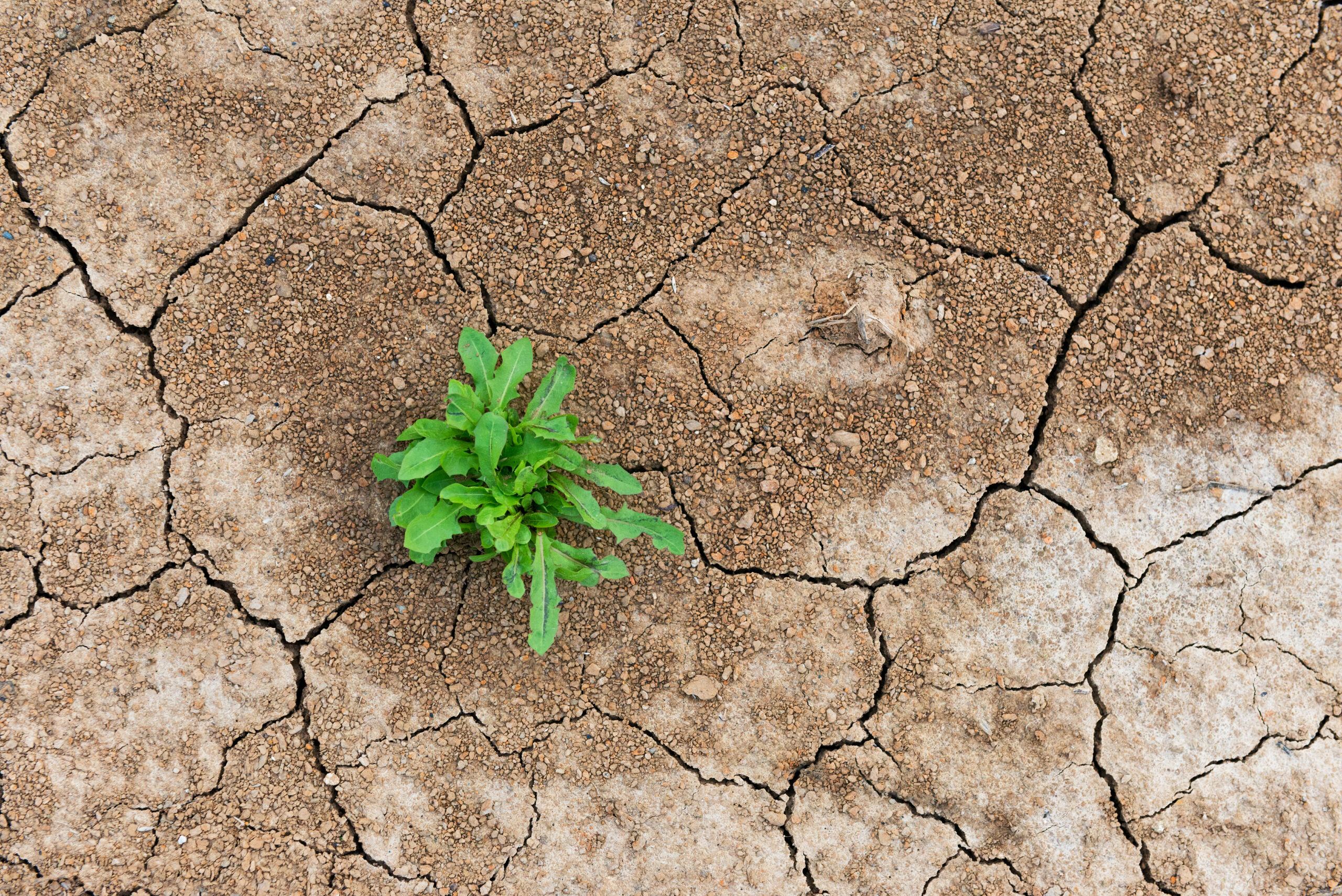Climate Resilience, a definition:
At Resilience Constellation we define climate resilience as the ability of a business or population to absorb or recover from climate change related impacts.
As climate change unfolds over the coming decades economies will likely respond and adapt in different ways. Some will react incrementally – for example, the production of grapes in Europe is already on the move northward, with increasingly drought prone areas of Spain, Sicily and Cyprus becoming more economically challenging to sustain.

Norway have recently made their debut as a wine producing country
Other systems, for example water treatment and flood defences, may require massive investments in the upgrading of physical infrastructure to cope with changes to water levels, storm surges or extreme temperatures.
How to achieve Climate Resilience
Resilience may be achieved through combinations of rolling with punches, strong defences and the capacity to build back better after major setbacks.
But where systems are overwhelmed by either the incremental change or extreme events, or where the odds of adverse seasons tip the balance of business from viable to insolvent, we will see social and economic disruptions, migrations and challenges to the social order.

Houses inundated in recent flooding in Texas
For some regions, the indirect impacts on the supply of food or materials, migrations or conflicts in other places may cause greater disruption than direct climate impacts.
Climate resilience is therefore a function of inherent vulnerabilities and exposure to climate related threats but also includes broader systemic effects of climate change on the economy and governance fabric.
Decisions on how to adapt will shape the future economy and will be felt throughout society. The questions of how and where to allocate adaptive resources are of great public interest and are relevant to both governments and businesses.

